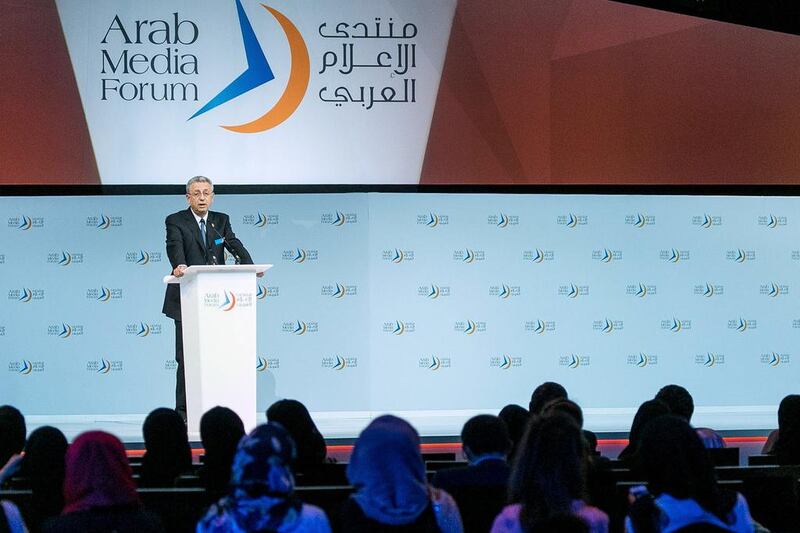Israel’s four-month suspension of tax revenue to the Palestinian Authority (PA) has done irreparable damage to an economy already battered from last year’s war on Gaza and the continued Israeli occupation, a Palestinian politician has said.
Israel halted the transfer of tax revenue to the Palestinian Authority in December and resumed partial payment last month.
It withheld the transfer of about US$130 million in monthly tax and customs revenue to punish the PA for its plans to join the International Criminal Court in The Hague, a move aimed to put pressure on Israel, which has failed to respect peace accords with the PA.
Israel has halted a total of more than $500 million, putting pressure on the PA, which has taken measures to cut costs including slashing most employees’ salaries by 40 per cent.
“Israel withheld our tax money for four months and did not pay any compensation for the interest of holding that money,” said Mustafa Barghouti, the secretary general of the Palestinian National Initiative, on the sidelines of the Arab Media Forum in Dubai.
“The fact that they withheld the tax money negatively affected the economy in a manner that is difficult to repair because the Palestinian Authority is in huge debt. You can’t reverse that effect.”
The PA’s debt at the end of February stood at $2.25 billion, with nearly half of it owed to local banks, according to the Palestine Monetary Authority.
The Palestinian economy is still reeling from the seven-week war launched by Israel on the Palestinian group Hamas in the Gaza Strip in July and August last year. The conflict left damages estimated at $5bn, according to Palestinian officials.
More than 2,100 Palestinians died in the conflict, which also destroyed thousands of homes and vital infrastructure.
“They are still cutting big parts of our income, claiming that this is to service payments Palestinians have to pay, but without any proper process of auditing, which means we are hostages to their own calculation without any possibility for us to revise that or examine it,” said Mr Barghouti.
Israel resumed partial payments after pressure from the international community, which feared the monetary pressure could further upset the fragile stability in the West Bank and Gaza Strip.
The war with Israel, the withholding of tax income and continued occupation has left the Palestinian economy with little room for growth. GDP is expected to expand by 0.9 per cent this year after shrinking by 0.8 per cent last year because of the Gaza war, the first contraction since 2006, according to the IMF.
The unemployment rate also remains high, fuelling fears about social unrest. Unemployment in the West Bank is close to 20 per cent, while it is as high as 60 per cent among the youth in Gaza, according to the IMF.
The overall fiscal deficit will reach 15 per cent of GDP this year, 3 per cent higher than in last year. There will be a financing gap of $450m even if donors channel their expected $1.5bn in external support, the IMF said in January.
Donors last year pledged $5bn in aid to help reconstruct Gaza, but it is not clear how much of that money has actually been disbursed. The authority should try to wean itself off donations, but it is unable to because of recurring wars and the occupation, the politician said.
“Donations will not solve the problem; they will only make us more dependent,” said Mr Barghouti. “Eighty per cent of the running cost of Palestinians comes through tax revenue that Israeli is controlling.”
dalsaadi@thenational.ae
Follow The National's Business section on Twitter





